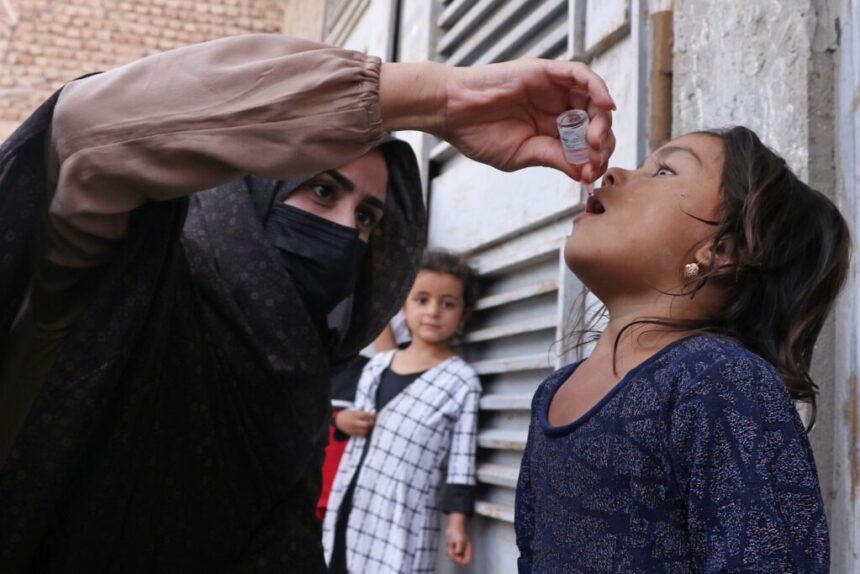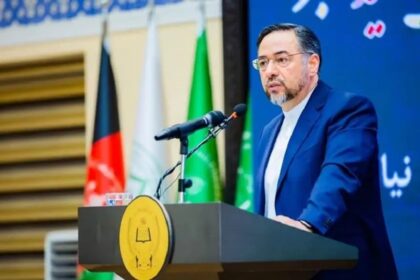RASC News Agency: The World Health Organization (WHO) has issued a stark warning regarding a dramatic resurgence of polio virus in Afghanistan, reporting a fourfold increase in cases over the past four months a surge that reflects the deepening collapse of basic public health infrastructure under Taliban rule. According to a report released on Thursday, April 10, the WHO confirmed at least nine new cases of poliomyelitis in Afghanistan and seventy-one in neighboring Pakistan since the beginning of the year. These figures represent a 430% increase in Afghanistan and over a 1,100% spike in Pakistan compared to the same period in 2024, raising serious global health concerns about the circulation of a particularly dangerous strain of the wild polio virus in the region.
The majority of Afghanistan’s reported cases have emerged in the country’s southern provinces, areas that have seen a near-total breakdown in healthcare services due to Taliban-imposed restrictions and a climate of fear that has crippled humanitarian operations. The WHO emphasized that Afghanistan has failed to implement comprehensive door-to-door polio vaccination campaigns for more than a year one of the most effective strategies historically used to eliminate the virus. “The current trajectory is deeply concerning,” the report stated, noting that three new cases have been recorded in Afghanistan within the past month alone. “The failure to contain the virus in its early stages could have catastrophic consequences not just for Afghanistan and Pakistan, but for the global effort to eradicate polio once and for all.”
Compounding the crisis is the return of tens of thousands of undocumented Afghanistani refugees from Pakistan, particularly into volatile border provinces, where poor sanitation, limited access to healthcare, and disrupted vaccination programs have created a perfect storm for viral transmission. The WHO’s Emergency Committee acknowledged that while limited immunization campaigns did resume briefly in early 2024, they were quickly suspended due to logistical failures and political interference. These setbacks, combined with the Taliban’s continued refusal to allow female health workers to operate freely, have disproportionately affected vulnerable populations particularly children in remote and conflict-affected regions.
“Many girls, especially in rural provinces, are now entirely excluded from life-saving health interventions,” said one WHO official, who spoke on condition of anonymity due to security concerns. “We are witnessing the consequences of weaponizing health access in a political agenda.” In response to the escalating crisis, WHO has called for urgent international action, including targeted funding, expanded cross-border immunization coordination, and unfettered humanitarian access to all regions of Afghanistan. Pakistani health authorities have also pledged to strengthen surveillance and inoculation efforts in the country’s northwest, where many polio cases are believed to be linked to cross-border transmission from Afghanistan.
Yet, health experts remain deeply concerned that without a fundamental shift in the Taliban’s policies, eradication efforts will continue to falter, placing millions of children at risk and threatening to reverse decades of progress in the global fight against polio.






